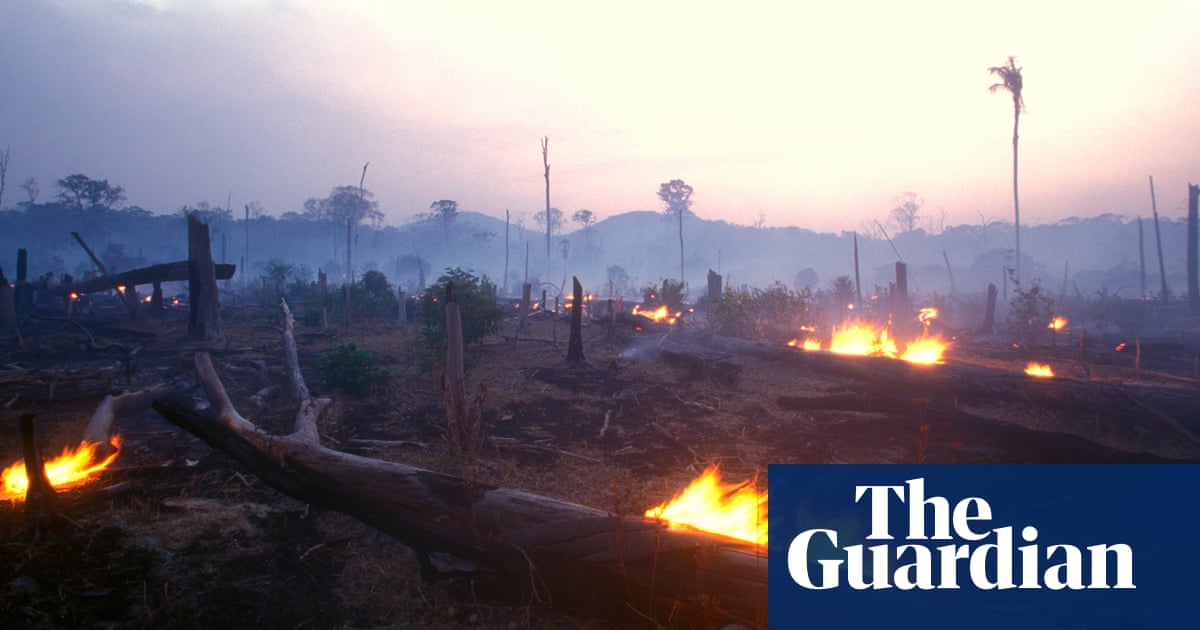You are here
Economics' failure over destruction of nature presents ‘extreme risks’
Primary tabs
 Economics' failure over destruction of nature presents ‘extreme risks’ New measures of success needed to avoid catastrophic breakdown, landmark review finds the Guardian
Economics' failure over destruction of nature presents ‘extreme risks’ New measures of success needed to avoid catastrophic breakdown, landmark review finds the Guardian The world is being put at “extreme risk” by the failure of economics to take account of the rapid depletion of the natural world and needs to find new measures of success to avoid a catastrophic breakdown, a landmark review has concluded.
Prosperity was coming at a “devastating cost” to the ecosystems that provide humanity with food, water and clean air, said Prof Sir Partha Dasgupta, the Cambridge University economist who conducted the review. Radical global changes to production, consumption, finance and education were urgently needed, he said.
The 600-page review was commissioned by the UK Treasury, the first time a national finance ministry has authorised a full assessment of the economic importance of nature. A similar Treasury-sponsored review in 2006 by Nicholas Stern is credited with transforming economic understanding of the climate crisis.
The review said that two UN conferences this year – on biodiversity and climate change – provided opportunities for the international community to rethink an approach that has seen a 40% plunge in the stocks of natural capital per head between 1992 and 2014.
“Nature is our home. Good economics demands we manage it better,” said Dasgupta. “Truly sustainable economic growth and development means recognising that our long-term prosperity relies on rebalancing our demand of nature’s goods and services with its capacity to supply them. It also means accounting fully for the impact of our interactions with nature. Covid-19 has shown us what can happen when we don’t do this.”
Sir David Attenborough said the review was “immensely important”. In a foreword, he said: “If we continue this damage, whole ecosystems will collapse. That is now a real risk. The review at last puts biodiversity at the core [of economics]. It shows how we can help save the natural world at what may be the last minute, and in doing so, save ourselves.” ...



Recent Comments